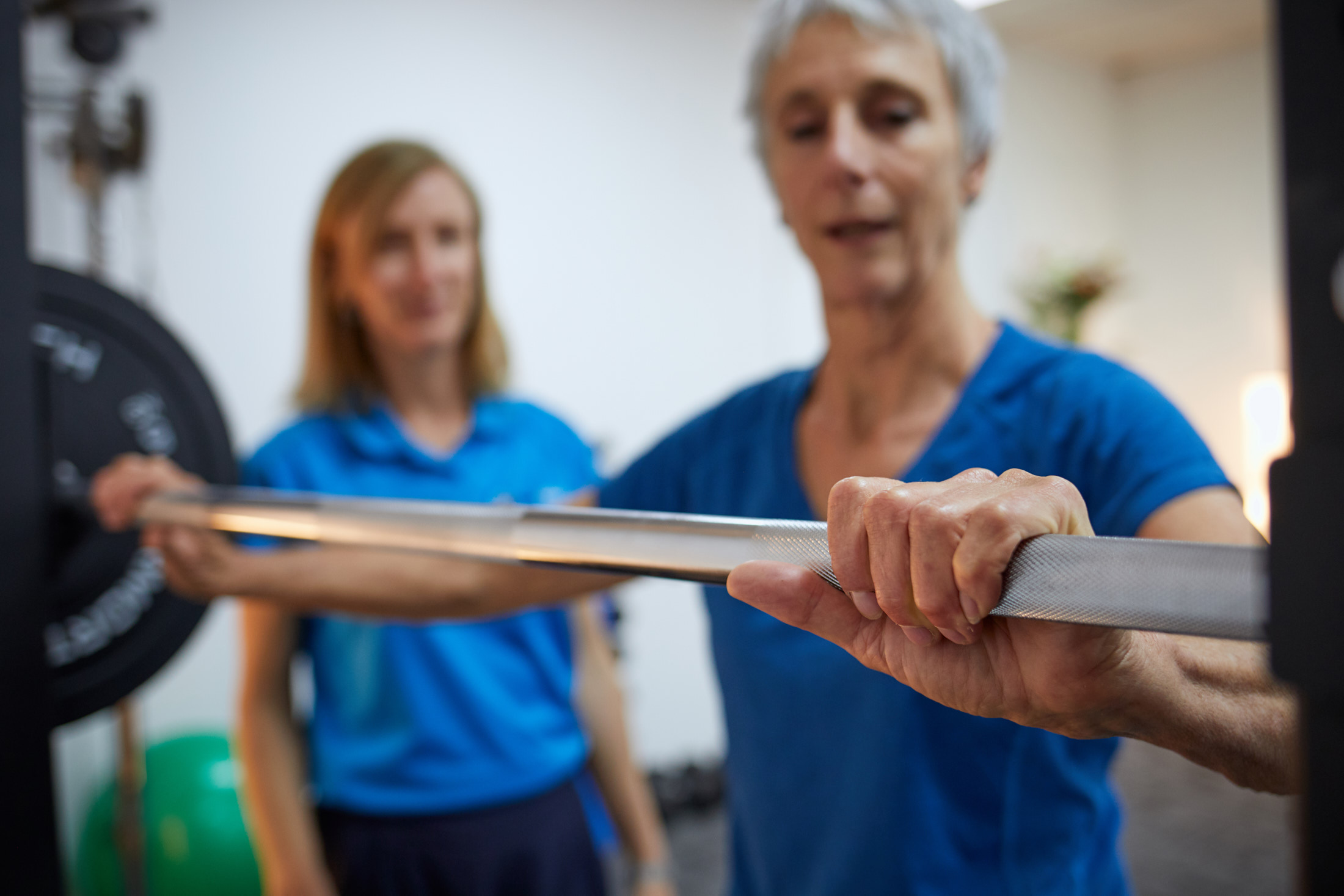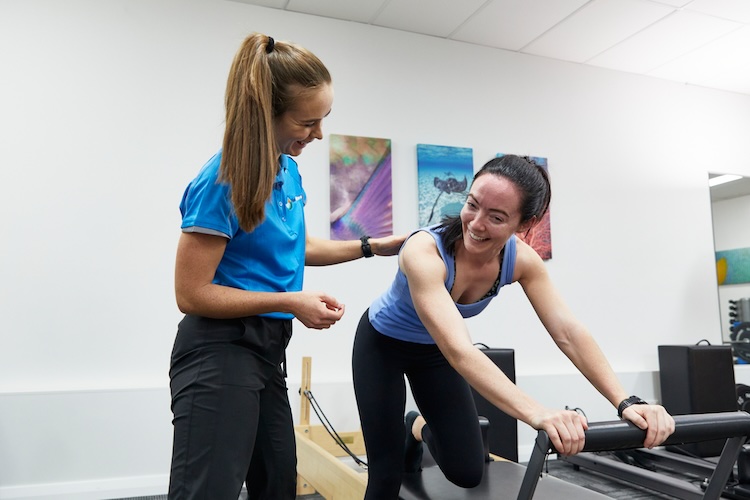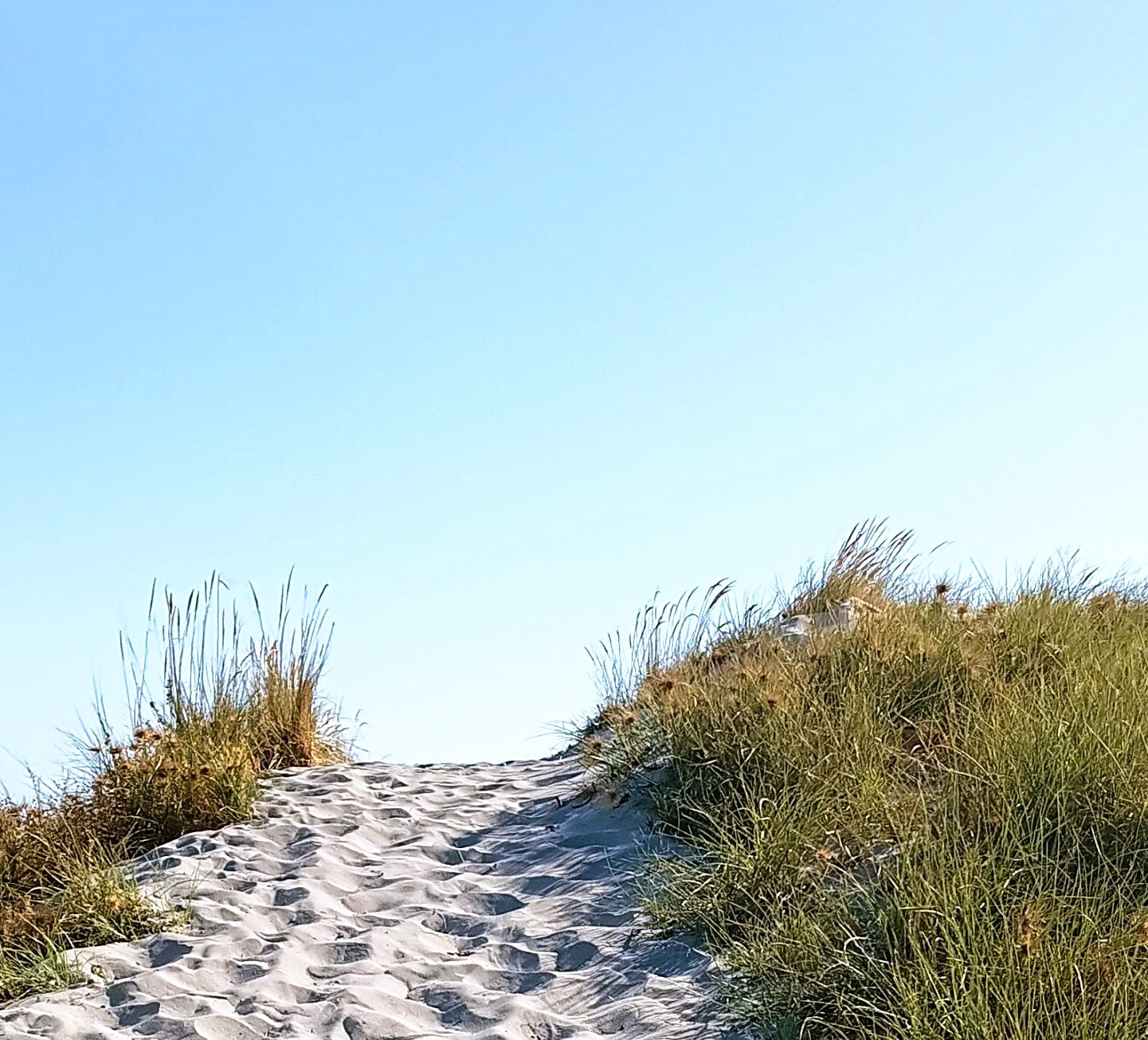Self Kindness is Mindfulness is Action
One of my favorite definitions of mindfulness is “intentionally paying attention with kindness” devised by Shauna Shapiro and her colleagues. Shauna’s youtube clip “What you practice Grows Stronger” gives a wonderful overview of the neuroscience and psychological benefits of mindfulness. It is a model I use when working with people who experience stress, anxiety, depression and complex pain.
The part of mindfulness I want to focus on today is kindness.
What is kindness?
Kindness is simply the quality of being friendly, generous, and considerate. It can be as small as a thoughtful gesture, a smile or subtle letting go of inner stress.. And yet there are times we find this so difficult. Kindness may be planned or spontaneous. We can show kindness to others; our family, friends, community and charitable organization. We can show kindness to the planet and to ourselves.
In this blog I am most interested in self kindness as this is the wellspring to humanity.
Humanity refers to human beings collectively and is derived from Latin humanitas for “human nature, kindness”. It’s also a word for the qualities that make us human, such as the ability to love and have compassion, be creative, and not be a robot.
Kindness involves using mindfulness in action, while going about your day being attentive and not on auto-pilot.
For me kindness is where creativity, compassion and care unite
What are the benefits of kindness?
“A man practicing kindness in the wilderness is worth all the temples this world pulls”. Jack Kerouac
There are many physical, psychological and spiritual benefits of practicing kindness. Some of these benefits are that kindness:
-
increases oxytocin (the love hormone) which has a knock on effect of lowering blood pressure an improving heart health. Oxytocin also increases our self-esteem and positivity.
-
increase energy, happiness and pleasure.
-
lights up pleasure and reward centers of the brain, especially when the kindness is unexpected, like a random act of kindness! (Read more in this Research from Emory University)
-
stimulates the production of serotonin. This feel-good chemical heals your wounds, calms you down, and makes you happy!
-
decreases pain because it stimulates the release of endorphins – the brains natural pain killer
-
reduces cortisol (stress hormone) levels. Research has found that kind people have 23% less cortisol which also helps to promotes longevity
-
reduces anxiety and depression.
-
increases life satisfaction and self realization.
Despite all these known positive effects of kindness, all of which can be experienced immediately and also have profound cumulative benefits for one’s health and wellbeing, we struggle at times to use kindness. Of all types of kindness it is self kindness that is probably the most challenging skill I see in my practice.
Research indicates that self-compassion is one of the most potent sources of coping and resilience. Self kindness motivates us to make changes, pursue our goals and live a more meaningful life.
What is self kindness?
Self-kindness is a form of compassion which is simply the process of turning compassion inward.
When we practice self compassion we are understanding rather than self-critical or judgmental. A great resource for developing self compassion is through this website by Kristin Neff, Ph.D. But if you are struggling it is helpful to have someone guide you on this journey. There are many reasons we fail, make mistakes and feel inadequate. To be able to give yourself support and encouragement during stressful times, when challenges and difficulty arise in our lives can be hard. I work with people to develop the skills for self kindness. This is with occupational therapy, acceptance and commitment therapy and acupressure.
“Self kindness happens when creativity, care and compassion unite.” Sasha Wray
An example of this is when you create space in a busy schedule to include a new self care activity such as exercise or meditation, you use compassion to get through the challenges that pop up with a change in routine or a change in how you move, think and feel. If you then don’t do the new self care task, you need to use compassion (not judge yourself or give yourself a hard time) for not doing it.
Self kindness skills
-
Creativity – thinking outside the box to solve a problem or address a challenge
-
Being attentive – noticing what is happening in how you feel, your thoughts and body sensations
-
Using intention – focusing on what matters to you and intentionally paying attention to this
-
Disarming big emotions – like anger, sadness, guilt, shame and fear
-
Being able to accept and give compliments
-
Assertion skills – being able to honestly let others know what your needs and wants
-
Self Care – giving serious attention or consideration to doing what you need and/or want to do
-
Self Compassion – having genuine concern for your own suffering and struggle. This requires you to be able to notice the thoughts, feelings and body sensations that naturally pull you away from your present moment needs
There are many ways we can build self kindness into our lives. Either through structured practices such as meditation, in our daily occupations and in the way we relate to ourselves.
“The smallest act of kindness is worth more than the greatest intention.” Kahil Gibrain
To develop these skills we firstly talk about what is happening in your life. If you are suffering with persistent pain, anxiety, low self esteem or stress, this can prevent you from simply being able to do the things you need and want to do, rendering self kindness even more of a struggle. From there we can identify which self kindness skills you find most challenging and focus on learning these skills. A plan can be made which involves experimenting with small gestures of self kindness.
Compassion is being able to honor yourself with living kindness.
From there humanity shines.
Written by Sasha Wray
Principal Occupational Therapist, Naturopath and Five Element Acupressure Practitioner
Chronic Pain and Mental Heath Occupational Therapist, O’Connor (Fremantle area)







